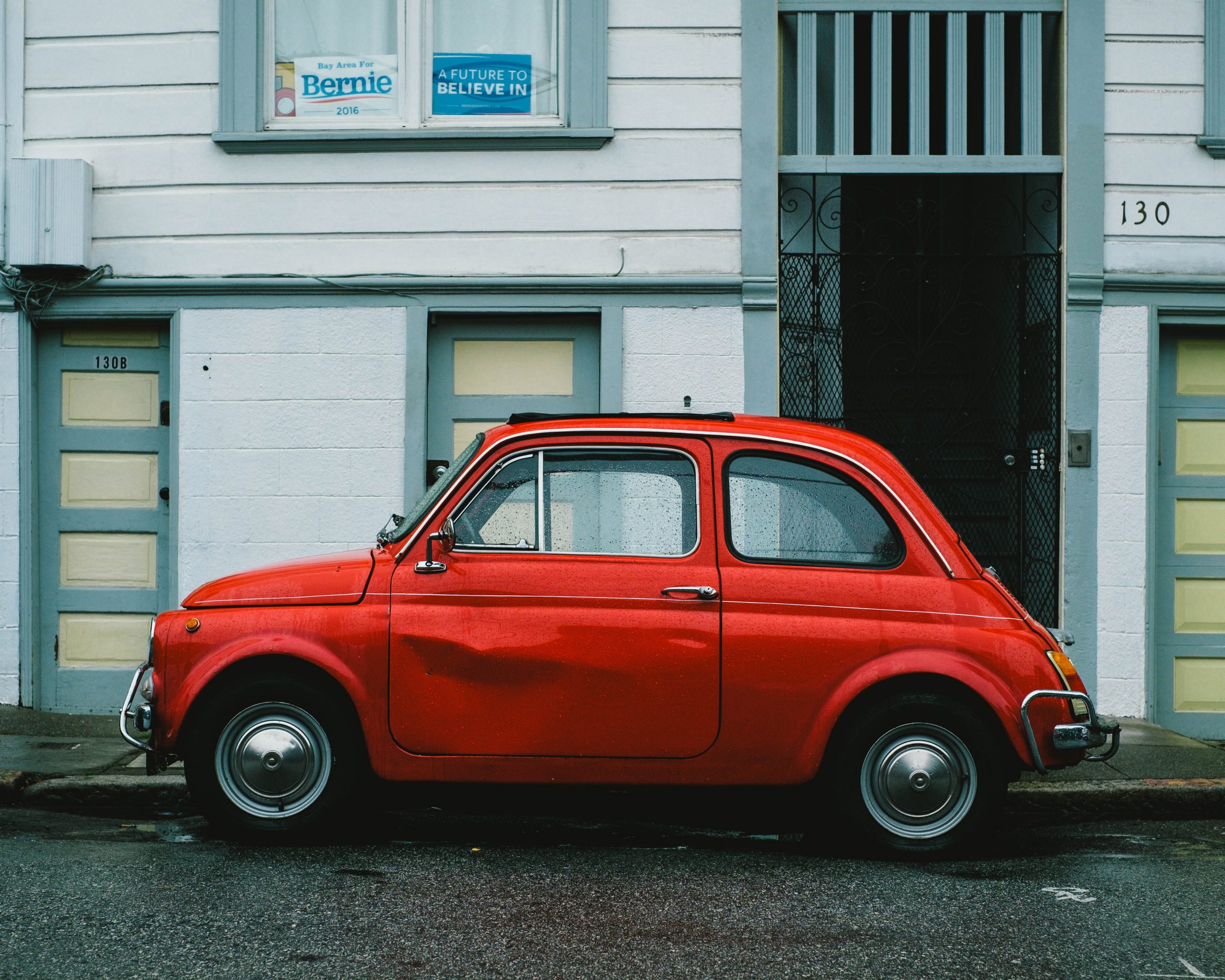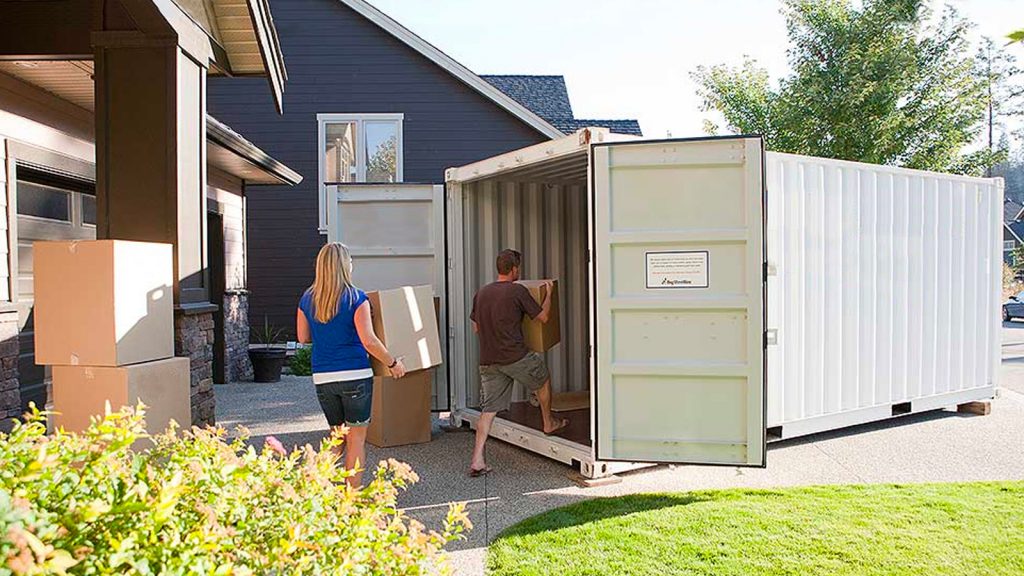As a car owner, you’re likely aware of the potential for damages if your car is hit by another vehicle. But what kind of damage should you be on the lookout for? Here’s a quick rundown of some of the most common types of damage that can occur when your car is hit.
Dents and scratches in the metal of your car
When your car gets hit, the most obvious part of the damage is usually the dents and scratches in the metal. Unfortunately, even with a small impact, these can significantly reduce the value and aesthetic appeal of your car. Rust can also start to form in places where the paint is scratched or if moisture starts to seep in through a dent. They’re important to address not just for preserving the look of your car but for keeping it from further destruction as well. Taking care of these damages is thankfully fairly easy, as many auto shops can do quick and easy bumper repair or other dent fixes. Fortunately, you can usually discover dents visually simply by looking at where your car got hit. So when collecting pictures for an insurance claim, make sure to identify any damages from the impact.
Broken or cracked windows
When your car gets hit, perhaps one of the most inconvenient damages to fix is when any of the windows are cracked or broken. Not only can this be expensive to repair, but it’s also a security issue, as unfixed windows leave you vulnerable to theft or weather damage. Of course, repairs will almost always require investing time and money, but understanding the risks associated with broken car windows is an essential part of keeping your car in top condition. Do your best to find effective and budget-friendly solutions so that you won’t have to worry about feeling unsafe while behind the wheel!
Flattened tires
Flattened tires may not be the first thing that comes to mind when thinking about car damage, but they can have serious consequences. While a flat tire might seem like no more than an inconvenience, continued driving on it can cause irreparable harm to other parts of the vehicle such as the rims and brake components – in addition to further deflation. Preventative measures such as weekly tire pressure checks or changing tires based on wear patterns are recommended; however, in the event of a collision, inspecting tires for punctures and damages should be your first priority before getting back on the road.
Airbag deployment
When an accident occurs, the safety of everyone in the car is at stake. That’s why airbags are a crucial component of any vehicle- they deploy in the event of an impact, providing an extra cushion for its occupants. Damages to worry about when it comes to airbag deployment are not only the cost of installation and repair but also potential injuries stemming from their release during a collision. As well, there’s always a chance that your airbags deployed, but not fully; make sure to inspect your cabin where airbags are marked to see if any of them are loose or partially spent. Fortunately, auto manufacturers continue to improve their airbags, making their safe operation more likely every year. With a prompt and correct assessment by a reliable mechanic, you can minimize any further costs.
Engine damage
When an accident happens, it’s traumatic, and the last thing you want to worry about is whether or not your engine has been damaged. However, if your car was in a collision of any kind, there is a possibility that the important systems and parts under the hood may have been affected. As such, it’s important to have a thorough inspection of your engine done after an accident. You may be surprised by the ways that even a small fender-bender can cause considerable harm to the internal workings of your car, so it pays to be vigilant. If you don’t feel confident in your ability to diagnose potential issues, make sure you ask a mechanic to take a look at your engine and make sure everything is working properly.
No matter how big or small, getting into a car accident is always stressful. In addition to dealing with the other driver and filing a police report, you also have to worry about the damages to your vehicle. While some of these damages are cosmetic and can be easily fixed, others may be more serious and expensive to repair. Be sure to assess all the damage to your car after an accident before making a decision on where to take your vehicle.



